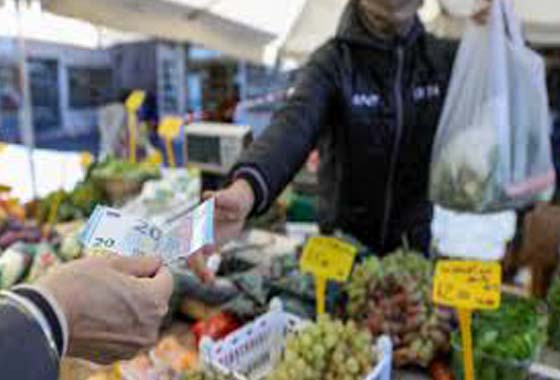
Covid-19 “Extremely Robust” For 28 Days On Glass, Currency: Australian Center for Disease Preparedness
Bloomberg: According to the research of Australian center for disease preparedness scientists, the Covid-19 may remain infectious for weeks on bank notes, glass and other common surfaces. The Australian center for disease preparedness scientists showed SARS-CoV-2 is extremely robust, surviving for 28 days on smooth surfaces such as glass found on mobile phone screens and plastic banknotes at room temperature, or 20 degrees Celsius (68 degrees F). That compares with 17 days survival for the flu virus.
Virus survival declined to less than a day at 40 degrees Celsius on some surfaces, according to the study, published Monday in Virology Journal. The findings add to evidence that the Covid-19-causing Covid-19 survives for longer in cooler weather, making it potentially harder to control in winter than summer. The research also helps to more accurately predict and mitigate the pandemic’s spread, the scientists said.
The center’s deputy director “Debbie Eagles”, in a statement said that “Our results show that SARS-CoV-2 can remain infectious on surfaces for long periods of time, reinforcing the need for good practices such as regular hand washing and cleaning surfaces.” The Covid-19 is transmitted mostly through direct contact with an infected person, especially the virus-laden particles they emit while coughing, sneezing, speaking, singing and even breathing. SARS-CoV-2 may also contaminate surfaces when these particles settle, creating so-called fomites that the researchers said “may also be an important contributor in transmission of the virus.”